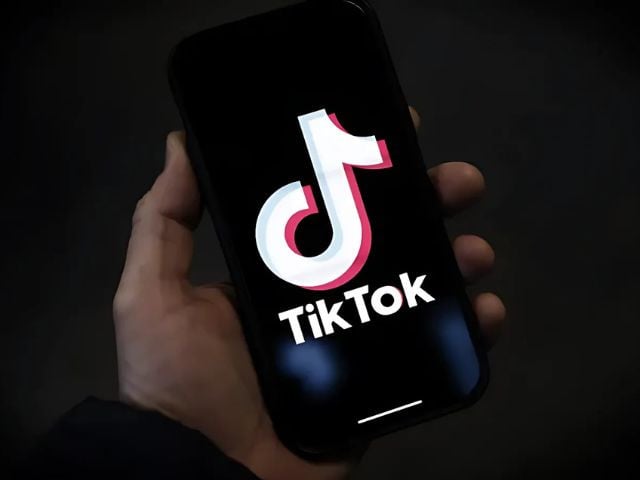
More than half of the 100 most popular mental health videos on TikTok contain misleading or inaccurate information, a Guardian investigation has revealed, prompting concern from mental health professionals and UK MPs.
The analysis examined top videos under the hashtag #mentalhealthtips, with input from psychologists, psychiatrists, and academic experts.
Of the reviewed posts, 52 were found to contain some form of misinformation, particularly around conditions such as trauma, anxiety, depression, and neurodivergence.
Examples of misleading content included simplistic “quick-fix” advice, such as eating an orange in the shower to ease anxiety, as well as unproven claims about supplements like saffron and magnesium glycinate.
Some videos promoted the idea that trauma could be “healed” in under an hour or mislabelled everyday emotional experiences as symptoms of serious mental illness.
Dr David Okai, a consultant neuropsychiatrist at King’s College London, warned that misuse of clinical terms such as “anxiety”, “wellbeing”, and “mental disorder” could lead to confusion about what constitutes a diagnosable mental health condition.
Former health minister and NHS psychiatrist Dan Poulter said several posts pathologised normal feelings, risking the trivialisation of genuine mental illness.
Psychologist Amber Johnston added that the trauma-related content oversimplified complex conditions like PTSD, often presenting misleading “universal solutions”.
TikTok stated that it removes harmful content and directs users to official NHS sources when they search for terms like anxiety or depression.
The platform defended users’ rights to share personal experiences, but critics argue that algorithms often amplify emotionally charged misinformation.
Chi Onwurah MP, who chairs the Commons technology committee, said the findings raise “significant concerns” about the efficacy of the Online Safety Act (OSA) in tackling false and harmful health advice online.
Other MPs echoed calls for stronger regulation, warning of the psychological harm misinformation may cause.
Experts emphasised that mental illness can only be accurately diagnosed by qualified professionals following a thorough assessment.
They urged the public to rely on evidence-based guidance from trusted health institutions.
The government says it is acting through the OSA to compel platforms to reduce harmful content, particularly material posing risks to children.








